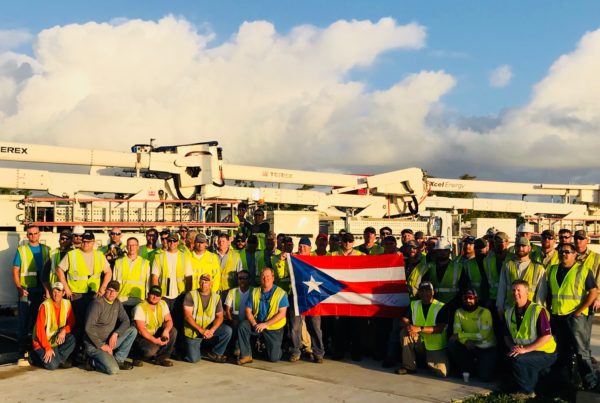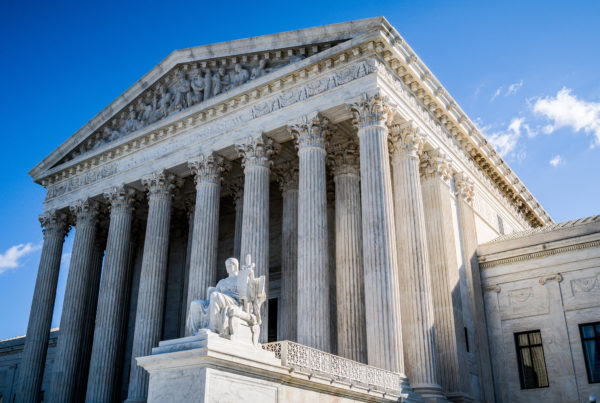At its annual convention, the NCAA passed a new rule that would allow Mexican colleges and universities to apply for inclusion in Division II competition. It isn’t the first time the NCAA has voted on the matter, but idea had failed to gain enough support, until now.
Inside Higher Ed Reporter Jeremy Bauer-Wolf provides context for the landmark decision. Te NCAA Division II institutions voted 253 to 45, with seven abstaining, to allow Mexican institutions to apply for Division II. Bauer-Wolf says despite the Trump administration politicizing of border issues, “there’s a lot more willingness among the NCAA membership to accept” Mexican college sports teams competing alongside them.
The issue of Mexican institutions competing in the NCAA has many dimensions including border and immigration politics.
The Mexican institutions would also have to comply with aspects of Title IX, the U.S. law regarding gender equity in sports, because the NCAA has rules that implement the law. The Mexican institutions would need to have sufficient coaching and support staff in place to make their teams competitive with U.S. teams.
U.S. teams would face logistical concerns, including travel arrangements, paperwork and travel visas. In addition, U.S. athletes who are DACA recipients would not be able to cross the border and return to the United States under current law. Thus, unless Congress changes immigration law, Mexican institutions would have to find U.S. partners to allow them to use arenas and facilities.
Despite the complexities, bringing Mexican institutions into the NCAA would also have benefits in both Mexico and the U.S. The benefits to the NCAA in the U.S. include diversifying the NCAA’s sports programs. The benefits to Mexican colleges include media exposure and recruiting.
Written by Christopher De Los Santos.















